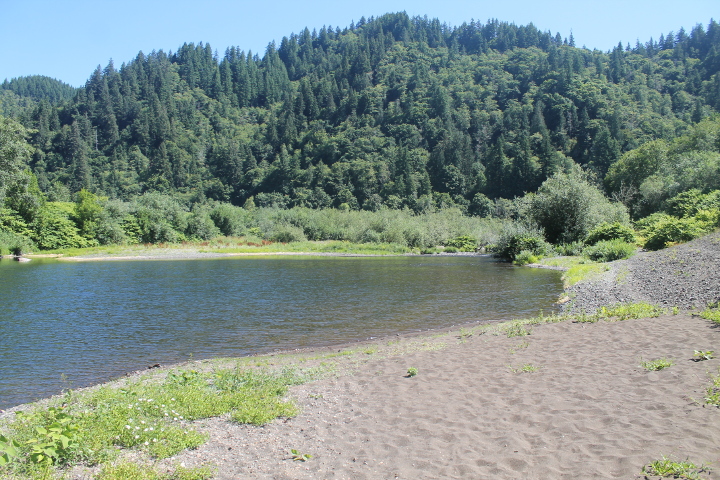| Categories: |
|---|
Estimated reading time: 2 minutes
Understanding that complying with all your environmental permit conditions shows regulators that you comply with environmental statutes does not protect you from challenges and litigation is a necessary foundation for sustaining your operations. Permit compliance conditions are minimal and do not reflect the effects of the changing climate on your operations and the environments in which it set. This blog post addresses storm water discharge; NEPA, ESA, TSCA and others have the same needs but a broader scope.
The way to ensure profitable sustainability is to know how variable are the natural environments where you operate, and how those variables change. This means going beyond permit monitoring requirements with a program specific to your location and operation. If you have a storm water discharge permit in an urban setting with discharge into a storm sewer your focus stays local treating runoff from roofs, parking lots, and other impermeable surfaces.
In suburban and rural settings you need to be aware of the receiving waters at your discharge points and further upstream. Pollutants from sources above you in the drainage basin collectively affect water quality at your discharge points. The most important information you need to acquire is not who is above you in the stream network but how variable key water quality components are in the water that reaches your operations. It does not matter who is contributing constituents your permit requires you to control, but the values and variability (by season, water level, and other controlling variables) of constituents your permit requires you to measure and report.
This means you need a monitoring program with sufficient frequency and locations to quantify the effects of your treated discharge waters on the receiving stream. When you have the data of inherent water quality variability entering your property you can adjust your storm water treatment if necessary and provide technically sound and legally defensible documentation that your operations do not adversely affect the receiving water and all designated beneficial uses.
This is an investment in profitably sustaining your business as the climate warms and severe weather events become more frequent. It is not a cost.
This work was originally published on the Applied Ecosystem Services, LLC web site at https://www.appl-ecosys.com/blog/staying-ahead-of-climate-change/
It is offered under the terms of the Creative Commons Attribution-NonCommercial-NoDerivatives 4.0 International license. In short, you may copy and redistribute the material in any medium or format as long as you credit Dr. Richard Shepard as the author. You may not use the material for commercial purposes, and you may not distribute modified versions.


